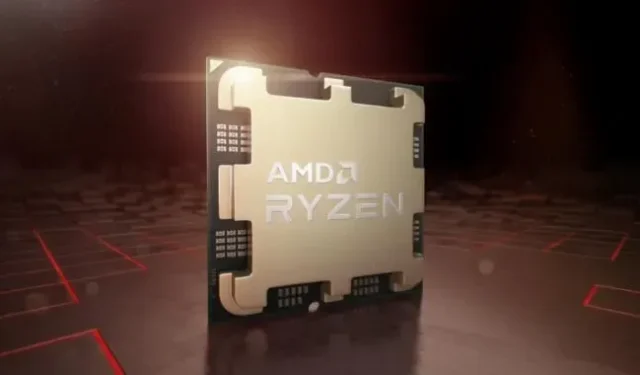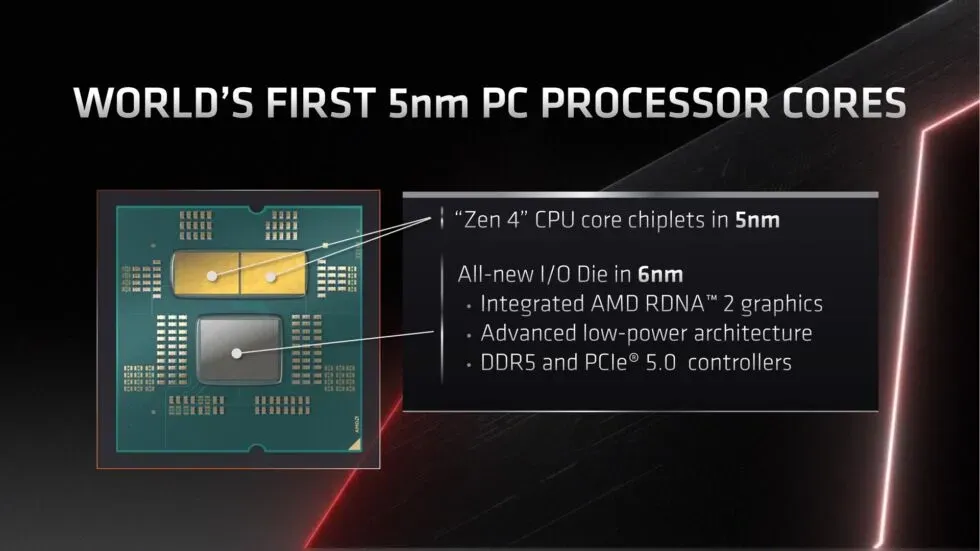AMD announces Ryzen 7000 processors on August 29th. Here’s everything we know about them

AMD’s Ryzen 7000 processors are nearing their final release date, almost nine months after they were first unveiled at CES. The company will be live streaming its official launch on Monday, August 29 at 7:00 pm EST, along with more details on the AM5 processor socket and 600 series chipsets. Expect to hear more specific news on performance as well as pricing and the availability of the first processors based on Zen 4.
AMD has been posting information about new processors since January, and various leaks and rumors have filled in some of the other gaps in our knowledge. Let’s briefly summarize what we know (and what we think we know).
Faster processors, same number of cores

Compared to nearly two years old Ryzen 5000 processors and the Zen 3 architecture, we can expect at least a 15 percent improvement in single-threaded performance, thanks to both increased clock speeds and 8-10 percent performance increases, according to AMD. instructions per clock (IPC). The company is also promising performance-per-watt improvements, thanks in part to a new 5nm process (Zen 3 processors are 7nm).
In terms of multi-core performance, Zen 4 processors will benefit from increased clock speeds and IPC, as well as increased power limits of the new AM5 processor socket, allowing processors with more cores to consume more power (and therefore run faster) for longer.
According to rumors and leaked retail listings, one thing that won’t improve with Zen 4 and Ryzen 7000 is the total number of CPU cores. AMD is allegedly planning to introduce a 6-core Ryzen 5 7600X, an 8-core Ryzen 7 7700X, a 12-core Ryzen 9 7900X, and a 16-core Ryzen 9 7950X. All of these core numbers are in line with their Ryzen 5000 predecessors. Unlike Intel, Apple, and most Android chip makers, AMD doesn’t add a bunch of small cores to increase the total number of cores.
The “X”suffix also indicates that these are higher performing and more expensive components, reflecting the way AMD has launched the Ryzen 5000 family. Zen 3 has only gradually dropped to the sub-$200 price point and non-X processors, and I expect that Zen 4 will be the same, though perhaps for different reasons.
With the Ryzen 5000, AMD is facing a range of pandemic-driven (or pandemic-aggravated) conditions: overwhelmed supply chains, global chip shortages, and historically strong demand for PCs. On the contrary, most PC and related companies are predicting a drop in demand over the next couple of years, and many are already seeing this on their balance sheets. If the Ryzen 7000 stays expensive, part of it will be because the entire platform has become more expensive, which will put off budget-minded buyers at first, which brings us to the next section.
Leave a Reply